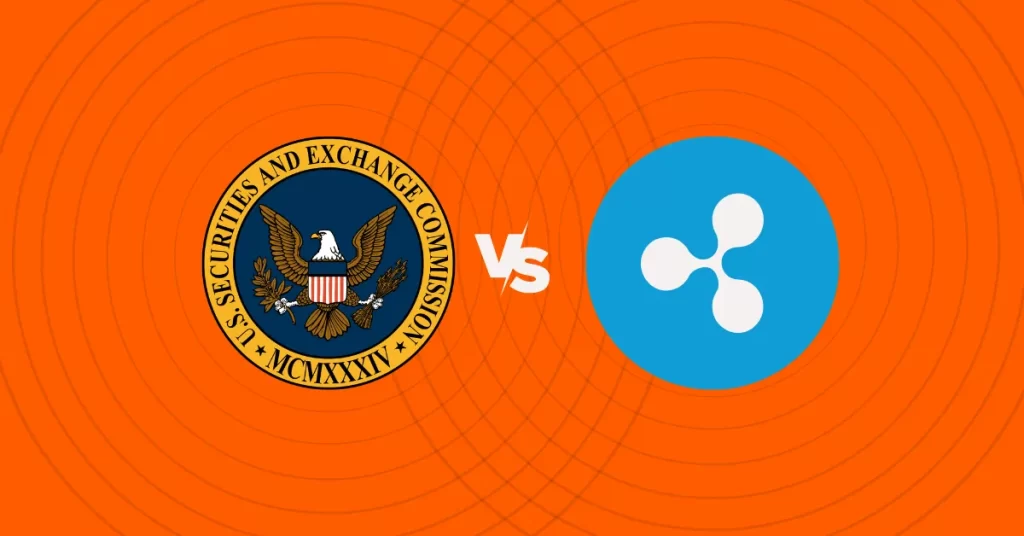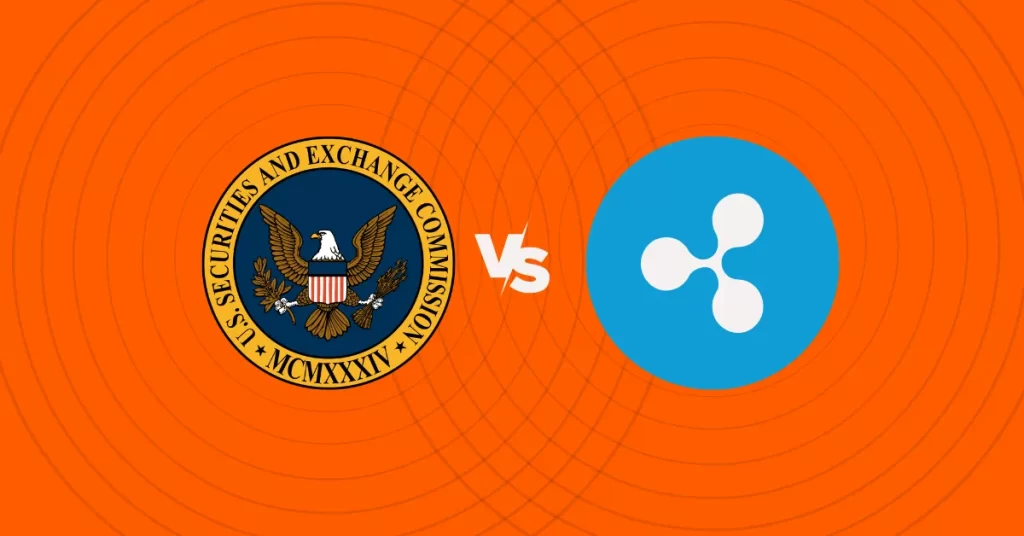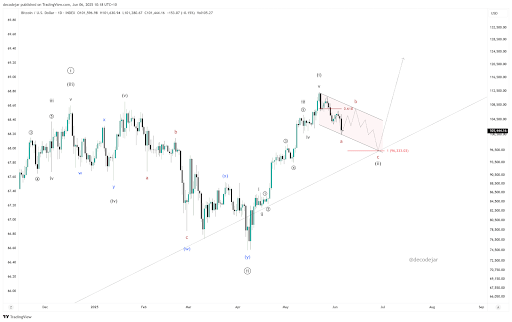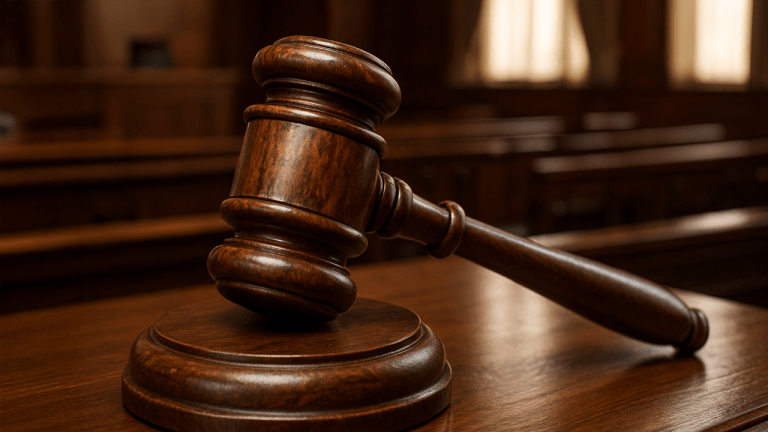Ripple vs. SEC: John Deaton Sheds Light on the Weaknesses of the SEC’s Case Against XRP


The post Ripple vs. SEC: John Deaton Sheds Light on the Weaknesses of the SEC’s Case Against XRP appeared first on Coinpedia Fintech News
Recently, a series of tweets by John Deaton, the Founder of CryptolawUS and a prominent lawyer representing XRP holders. Nietzbux, a famous crypto enthusiast, ignited conversations about the flaws in the SEC’s arguments against Ripple. They propose that the SEC not only failed to argue that XRP is security convincingly, but it was also “out-lawyered” by Ripple and the XRP community.
Nietzbux argues that Ripple’s brief shows that most Howey Test requirements—criteria used to determine if an asset is a security—were not met. This is significant because all Howey Test requirements must be satisfied for an asset to be classified as a security.
John Deaton, Pro-XRP lawyer & founder of CryptolawUS, submitted an amicus brief that effectively picked apart the SEC’s argument, laying bare its reliance on outdated and speculative evidence.
Deaton pointed out several weak links in the SEC’s evidentiary chain. For example, the SEC based some cases on a 2014 tweet by Chris Larsen, Ripple’s co-founder, but failed to provide evidence that any of the six named XRP holders in the motion to intervene were even on Twitter in 2014.
Moreover, Deaton underscored that the SEC used a 2014 brochure aimed at 100 potential investors as evidence yet failed to prove that these investors relied on the brochure when purchasing XRP. “The SEC’s strongest piece of evidence was that Ripple’s website listed where people could acquire XRP,” Deaton says. However, his amicus brief nullified this claim by mentioning that CNBC and other non-Ripple entities also provided such information.
In a compelling conclusion, Deaton questioned the real motives behind the SEC’s case, stating it was “dead in the water from the start.” He hints that the case might not have been filed to uphold securities laws but perhaps for other undisclosed reasons. This raises further questions about the SEC’s credibility and objectives in this landmark case.
Nietzbux quickly endorsed Deaton’s arguments, summarizing that the SEC was “out-lawyered” by Ripple and that the regulatory body was “objectively wrong on the facts.”
As Nietzbux succinctly put it, the core issue comes down to lawyering. It’s not necessarily about whether XRP is a security, but whether the SEC could convince the courts that it is. Based on Deaton’s well-crafted amicus brief and Ripple’s robust legal defense, the SEC appears to have found itself in murky waters.


